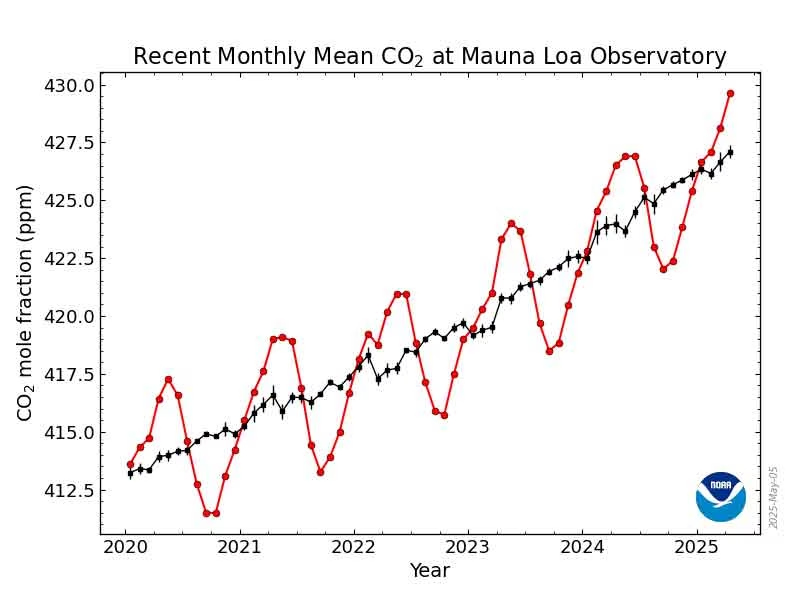
The global discourse on climate change and energy transition emphasizes the West’s commitment to an environmentally friendly world. However, coordinated policies from developed nations are often disproportionately burdening the Global South, a phenomenon that could be rightly labelled as the ‘Green Deception’. This approach is allowing developed nations to gain economic and geopolitical advantages at the expense of fast-developing and developing nations, such as India and Russia, revealing a marked inequity in the pursuit of global sustainability.
A recent report from the Carbon Majors, a U.K.-based think tank that analyses global emissions data, identifies Saudi Aramco (Saudi Arabia), Coal India (India), and Gazprom (Russia) as the top three global emitters between 2016 and 2022. These companies account for 4.8%, 3.3%, and 3.0% of all emissions, respectively. However, the study’s inclusion of Scope 3 emissions, which encompass indirect emissions from the value chain, skews the results. It unfairly attributes a significant portion of global pollution to emerging economies like China, Russia, and India while downplaying the substantial emissions from Western nations.
In contrast, new data from the UN Food and Agriculture Organization reveal that global agro-food systems, predominantly operating in developed nations such as the US, Australia, and Canada, contribute approximately 30% of human-produced greenhouse gas emissions. This stark disparity in emissions attribution underscores the West’s attempt to shift the burden of climate change onus onto developing nations, while masking their own substantial contributions.
ESG funds, or environmental, social, and governance funds, which developed nations widely espouse, are said to be focused on promoting sustainability and supporting green investments that support environmental objectives. Nevertheless, a deeper look reveals a different reality. These funds have historically made substantial investments in businesses that rely on fossil fuels, including activities of the Big Oil companies. Shockingly, over 50% of these funds are concentrated in the Netherlands alone, with the remainder spread across Denmark, Switzerland, Spain, and Italy. This investment pattern runs counter to their proclaimed commitment to green energy, revealing a disingenuous approach to sustainability.
The shift to green energy, which developed nations strongly advocate, appears to be more about geopolitical manoeuvring than genuine climate action. The inability of developing nations to receive the promised financial commitments from developed countries for scaling up green initiatives has left them struggling to meet the demands of the energy transition. Though sometimes hailed as the answer, renewable energy and green technologies still largely rely on inputs sourced from fossil fuels, raising doubts about the feasibility of a full transition.
The Secretary General of OPEC (Organization of the Petroleum Exporting Countries), HE Haitham Al Ghais, has highlighted the interdependence of green technology and fossil fuels, while expressing doubts about the viability of a complete transition to renewable energy. Developing nations, which lack the financial and technological means to handle this challenging transition, are further compounded by this persisting dependency.
The US and EU’s efforts to promote a green energy transition don’t appear like sincere attempts to tackle climate change, but more like calculated moves to maintain their dominance at the world stage. Developing nations face obstacles from the Western countries that impose strict environmental rules and promote green technologies that demand substantial expenditure. The Global South’s growth and development are impeded by this approach, which guarantees the West’s sustained economic domination.
Developing nations, which are facing heightened economic difficulties in the unfolding post-Corona era, find themselves at a disadvantageous position, unable to invest in costly green technologies or meet the stipulated high standards set by the West. This disparity emphasizes the need for a more transparent and equitable approach to international energy policies, one that takes into account the various conditions and capacities of vast majority of countries worldwide.
In light of these disclosures, it is imperative to demand a fairer approach to global energy policies. The Green Deception not only undermines the efforts of developing nations but also perpetuates a cycle of inequality. The international community must prioritize policies that promote genuine sustainability without disproportionately burdening the Global South.
Transparency in emissions reporting, equitable distribution of financial support for green initiatives, and recognition of the interconnected nature of energy systems are crucial steps toward a more balanced and just global energy landscape. Only through such measures we can hope to address climate change effectively while fostering inclusive growth and development.
Public energy companies, including the three labelled as the biggest polluters—Saudi Aramco, Coal India, and Gazprom—are at the forefront of ensuring sustainability. Among them, Gazprom leads in implementing green technologies. Gazprom has significantly invested in energy-efficient gas-fired power generation, methane emissions reduction, and carbon capture and storage (CCS). It is also developing technologies for using methane-hydrogen fuel and producing hydrogen from methane without CO2 emissions. These efforts could increase demand for natural gas as a raw material for hydrogen production, crucial for the energy transition.
Subscribe to Our Newsletter
Get the latest CounterCurrents updates delivered straight to your inbox.
Likewise, Coal India and Saudi Aramco have also been taking measures to enhance sustainability in their operations. Coal India is focusing on reducing its environmental footprint through afforestation and reducing coal waste, whereas Saudi Aramco is advancing its efforts in carbon management and developing low-carbon energy solutions, including investments in renewables such as geo-thermal energy and carbon capture technologies
Therefore, at this juncture, it becomes essential to expose and rectify the inequities embedded in global energy policies as perpetuated by the West. The call for a more transparent, fair, and inclusive approach must resonate louder than ever, ensuring that the Global South is not sacrificed in the name of a lopsided greener world.
Dr. Hriday Sarma is a lawyer and pollical columnist














































